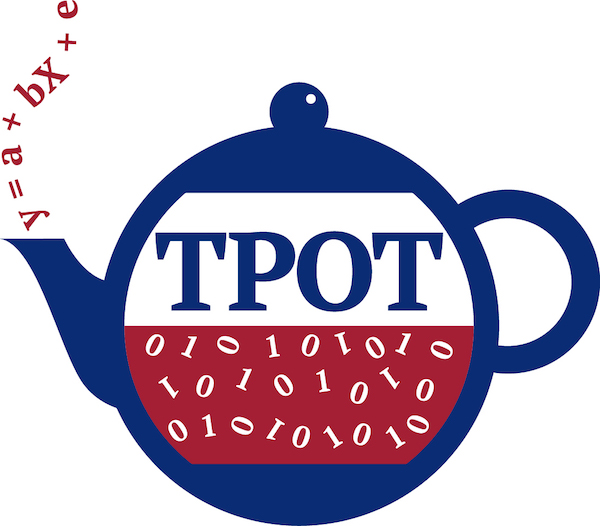KXY: A Seemless API to 10x The Productivity of Machine Learning Engineers
Documentation
Installation
From PyPi:
pip install kxy
From GitHub:
git clone https://github.com/kxytechnologies/kxy-python.git & cd ./kxy-python & pip install .
Authentication
All heavy-duty computations are run on our serverless infrastructure and require an API key. To configure the package with your API key, run
kxy configure
and follow the instructions. To get an API key you need an account; you can sign up for a free trial here. You'll then be automatically given an API key which you can find here.
KXY is free for academic use.
Docker
The Docker image kxytechnologies/kxy has been built for your convenience, and comes with anaconda, auto-sklearn, and the kxy package.
To start a Jupyter Notebook server from a sandboxed Docker environment, run
docker run -i -t -p 5555:8888 kxytechnologies/kxy:latest /bin/bash -c "kxy configure
&& /opt/conda/bin/jupyter notebook --notebook-dir=/opt/notebooks --ip='*' --port=8888 --no-browser --allow-root --NotebookApp.token=''
"
where you should replace
with your API key and navigate to http://localhost:5555 in your browser. This docker environment comes with all examples available on the documentation website.
To start a Jupyter Notebook server from an existing directory of notebooks, run
docker run -i -t --mount src=</path/to/your/local/dir>,target=/opt/notebooks,type=bind -p 5555:8888 kxytechnologies/kxy:latest /bin/bash -c "kxy configure
&& /opt/conda/bin/jupyter notebook --notebook-dir=/opt/notebooks --ip='*' --port=8888 --no-browser --allow-root --NotebookApp.token=''
"
where you should replace with the path to your local notebook folder and navigate to http://localhost:5555 in your browser.
Other Programming Language
We plan to release friendly API client in more programming language.
In the meantime, you can directly issue requests to our RESTFul API using your favorite programming language.





